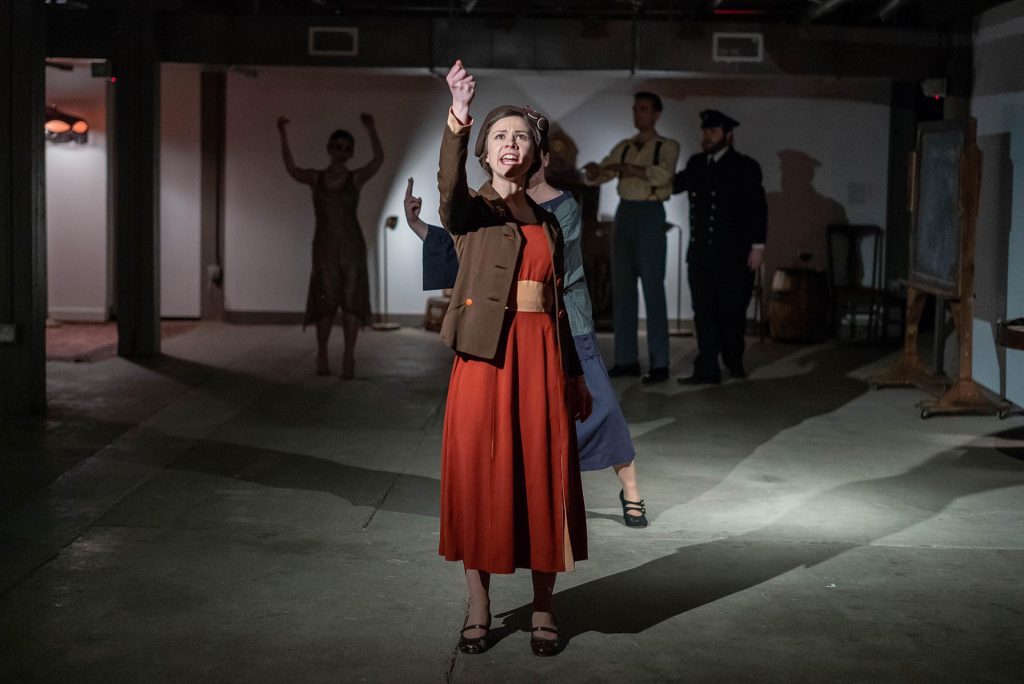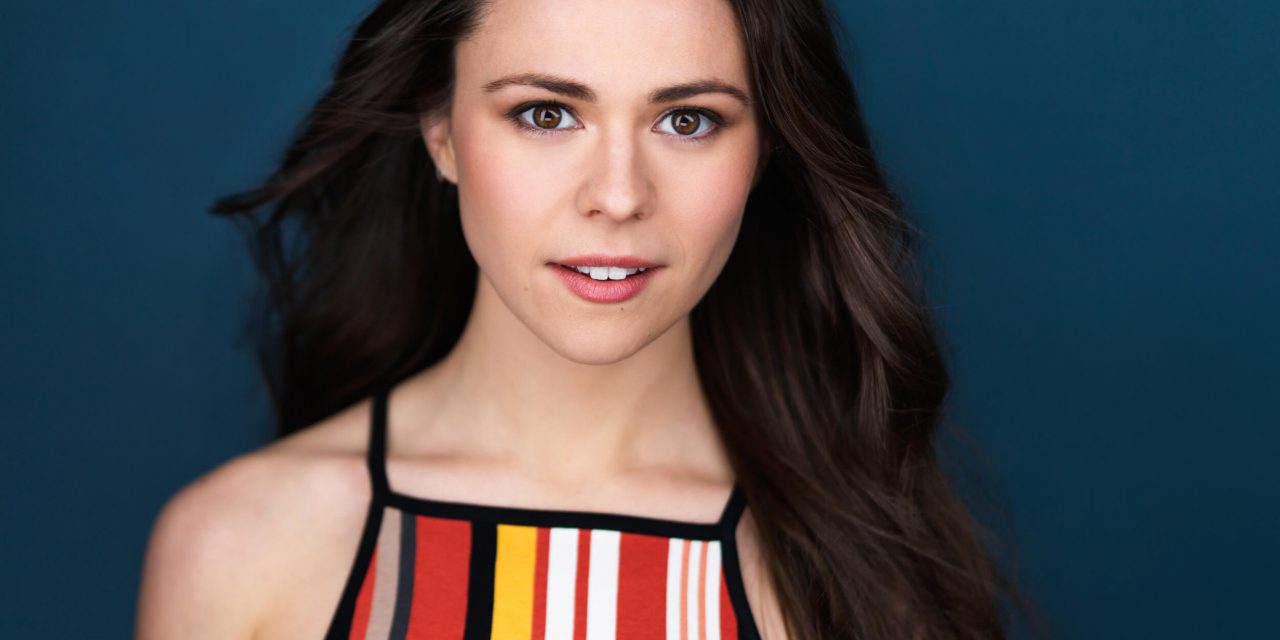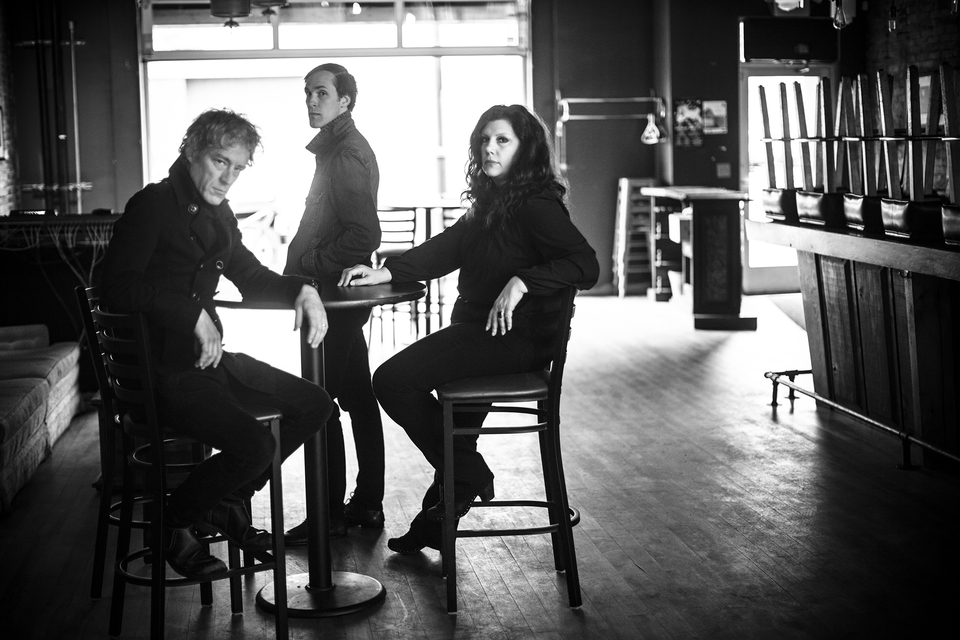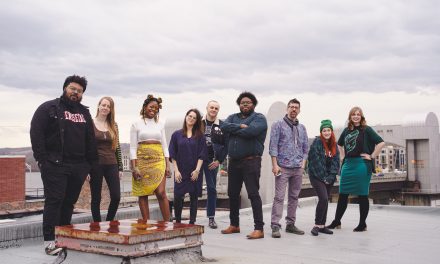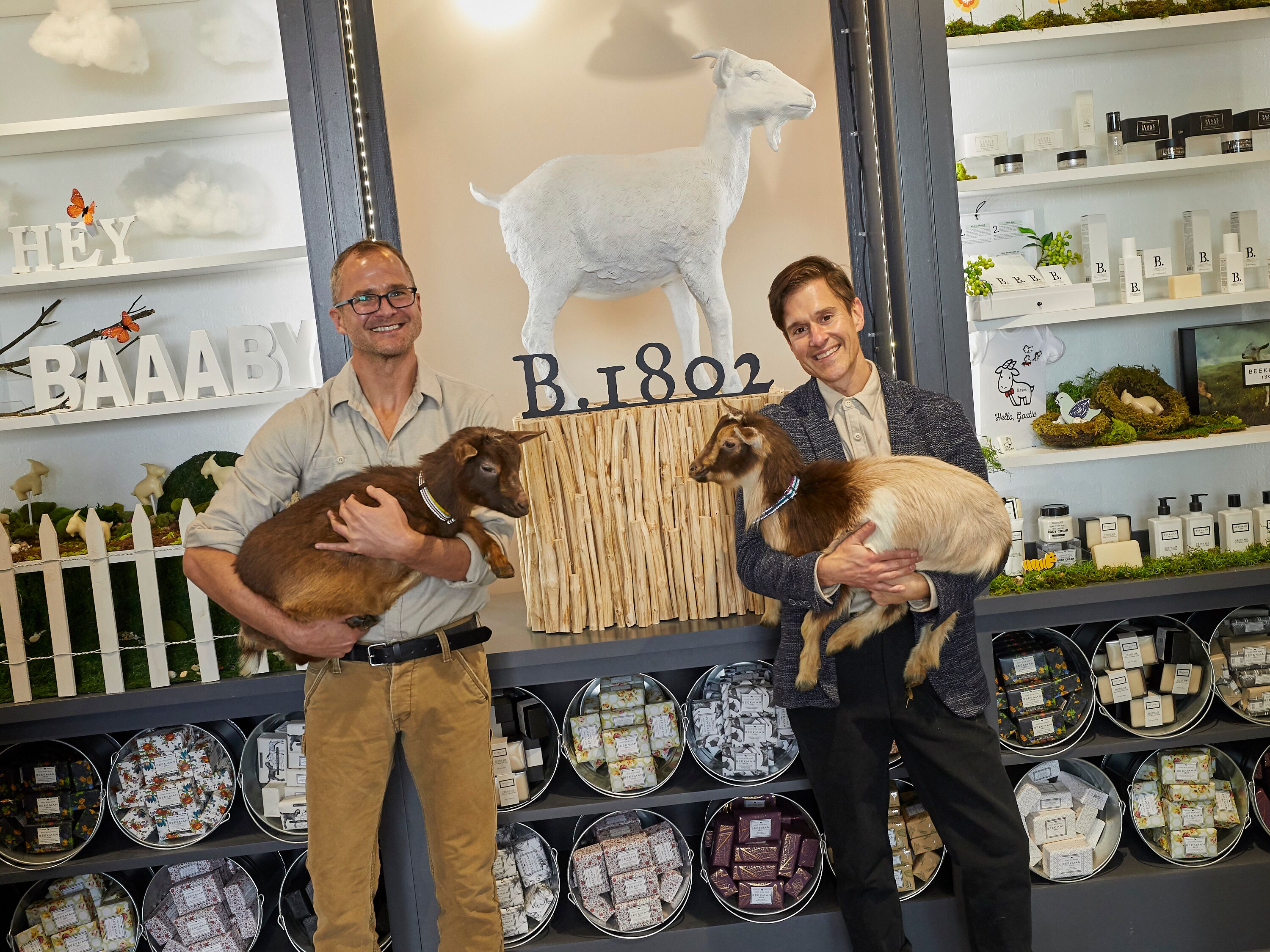Actor, musician, devising artist
Current hometown: Schenectady
Current project: Performing original music as part of an online Advent calendar for Brooklyn-based company Stages on the Sound
Collaborative Media’s Maker of the Week is made possible by KeyBank.
By Tony Pallone
The pandemic prompted Schenectady native Raya Malcolm to put her life as a professional actress in New York City on pause, but she’s hardly slowed down. As a company member of Troy Foundry Theatre, she has been working as part of an artistic “pod,” producing programming like this past summer’s Alley Project —a series of socially distant gatherings featuring local musicians, readings, film screenings and the like. She’s recently been named an associate artistic director for the company, which is known for its work in devised theatre.
It seems like Troy Foundry is just not going to be stopped (by the pandemic); you are really committed to doing live performance. Does that feel like the right place for you to be?
Truly it does… for me it’s been kind of amazing to be able to have this (outdoor) space, and to utilize this space.
Over the summer I became associate artistic director, which has been a wild, wild ride. (It) has given me a really challenging and beautiful opportunity to have a hand in programming… and make Troy feel very much like a second home. Other community goings-on that have been happening in Troy, like the Black Lives Matter rally back in June, pulled me to be involved within the broader community… It’s been really awesome to not only provide support and connection with those organizations, but to bring an artistic aspect to that as well: to have both those live simultaneously together, because they’re very much connected.
The political aspect, and the theatrical aspect?
Yeah. In terms of feeling safe and feeling the pull to produce and to act in some way within Troy. Our form of action, in a sense… is providing a safe space where people can come and be physically together and laugh and celebrate and enjoy all that the people of Troy have to offer. My mind is just blown (with) every new artist that I meet. I’m like… Troy, New York, who knew?
You say Troy is a second home. Do you still consider New York City your first home?
I do know that I want to go back at some point. When I first came back to Schenectady, I felt more of a rush to get back to the city, like “Hurry up, pandemic! Get over so that all of us theatre folks can continue our lives down there.” But since being back upstate for so many months, I feel less of a rush to get back.
I had lived there for two years; about four months prior to March, when everything hit really intensely, I was just sort of finding my New York-independent-woman stride and was really loving it. I lived with amazing roommates, had a job and was working with a theatre company… and then everything was put to a halt. I do want to go back and find that stride again. I miss it.
If I were to ask you to describe yourself, like “I’m Raya Malcolm, and I’m (blank).” Fill in the blank.
I think “learning” is the first thing that comes to mind… in the artistic world, it is helpful to define ourselves as artists. I am an actor. I am a musician; I play music, I sing, I write. I make theatre. But I think especially in the times we’re in now, I am trying to adopt again this idea of having a “beginner’s mind”… there’s just so much to learn.
Devising work has really taught me to adopt the beginner’s mind, because it is a very different way of doing theatre and making theatre… it’s definitely come with personal artistic challenges of trying to squeeze around in this new mode of working. But (it) has really revealed possibilities… being an actor who is also involved in creating some kind of work is wild to me, and so rewarding. It has allowed me to surprise myself in a lot of ways, too, about what my inner creative life actually can do, which is always humbling and very exciting.
How do you define “beginner’s mind”?
Approaching any kind of experience, or, in particular with theatre, any kind of project or technique without the assumption that you already know what’s going to happen.
As I’ve gotten older, I’ve noticed that it’s been harder and harder to maintain that idea; the world is a tough place sometimes! Coming back to that idea of I don’t know everything, and I just want to learn and play and experience all the colors of whatever we’re about to make or embark upon is a good place to anchor back to.
Is that how it works in devised theatre? You don’t really start with a script.
In devised theatre, it usually starts with a concept. That can be really anything… and you just begin to build from that concept. A lot of content is created, whether it’s through writing prompts that someone might propose to the group, and then the group responds to those writing prompts and then we share; whether it’s some kind of movement prompt… We then, as we move forward, decide what content really jibes with us and really is working, and we like and want to continue with… and then (we) throw the rest out.
There’s the phrase we use all the time — which is terrible! — but it’s “Don’t be afraid to kill your babies.”
I would think that’s got to be tough.
Totally.
So, influences. What made you the kind of artist you are today?
A huge one, and the first one that comes to my mind, is the Blue Roses Theatre Company. (It’s) part of the John Sayles School of Fine Arts. When I went there, it was under the direction of Bill Ziskin and Tim Dugan. That was possibly the most formative place and experience for me in my theatre life, and in my wanting to act… we had a chance to write and direct, and if you weren’t cast in a show, you were on the lighting board, or on the sound board, or stage managing, or props or crew.
Truly, (Troy Foundry artistic director) David Girard, as well. He was one of my very first mentors in the professional theatre company world, when I worked with Saratoga Shakespeare… also all of the folks (there) had a huge influence on solidifying that this is something I really love and want to do.
And, of course, my parents, who are just amazing and who have always been over-the-moon supportive of my work as an actor, as an artist… I definitely could not do what I’m doing now, or have ended up here, without them.
Why do you think the arts are important?
I think our inner lives can get very easily pushed aside or made second priority. The arts are where all of that inner colorful, beautiful world that is inside of us can be externally expressed and shown, or listened to, or experienced.
I think that extends to why live theatre and live events are so important. Safely, in the midst of a pandemic. Because being able to witness our internal worlds externally with others, who also have their own internal worlds — I mean, that’s the thing. That’s it.
Find our Maker of the Week: Website, Facebook, Instagram.
Wish to nominate a Maker of the Week? Email nominations.
